Curriculum
The MolTag faculty comprises group leaders from four different institutions, each of which offers regular PhD programs. A contract between Moltag and the research institutes grants that the MolTag PhD program is fully credited and supported by each institution. As the requirements for graduation differ among the involved institutions, each student fulfills the particular requirements in terms of total ECTS and institutional core curricular requirements, as well as institution specific procedures for thesis evaluation and approval.
In general, according to the rules of the Universities, the students may individually select their courses offered within the PhD programs of their host Universities. Students are encouraged to co-register at the partner universities of the MolTag Faculty to attend the courses offered. Consequently, the students can choose out of a broad portfolio of lectures, thus enabling an individualised curriculum with lots of opportunities to expand their knowledge base.
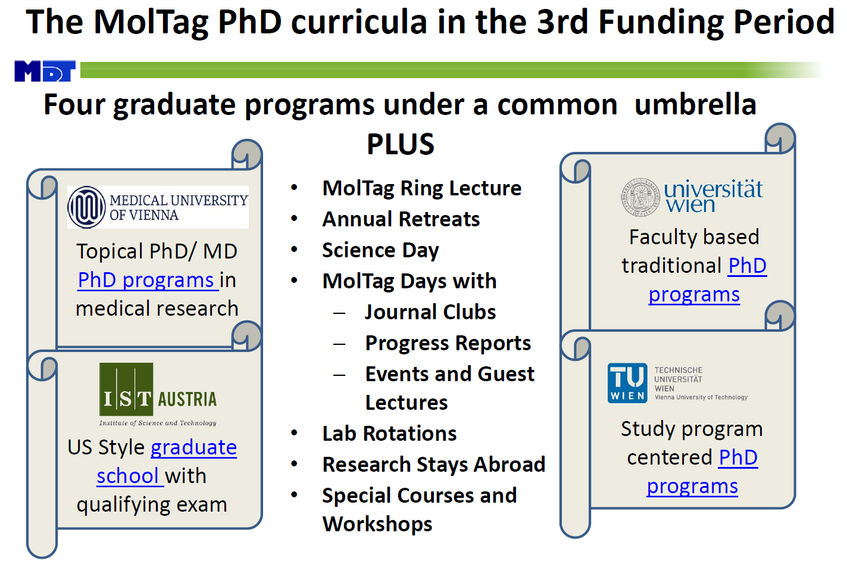
- Medical University of Vienna: Topical PhD / MD PhD programs in medical research
- Institute of Science and Technology Austria: US Style graduate school with qualifying exam
- University of Vienna: Faculty based traditional PhD programs
- University of Technology Vienna: Study program centered PhD programs
Specific Training Program
We conduct a highly individualized training program which exposes all full member and associated students to the advantages of a lab rotation period and multi-centre lectures and courses, allows them to freely combine courses from the three Vienna based Universities and IST and offers them the chance to conduct research or trainings abroad.
- Cross-disciplinary training in different research methodologies
- In-depth expert training under supervision of two supervisors and members of the SAB
- Individualized training program for all students by lab rotations (MolTag-PI or –SAB)
- Individualized training abroad according to individual needs of the students
- Integration in the local and international research community
- Extensive support for participation of MolTag students in national and international workshops and meetings
- Soft skills training offered by MolTag (academic ethics, career planning, interpersonal communication skills, publication writing,…).
- Individual soft skill training possibilities as offered by the research institutions
- Commensurate pay package including health insurance; flexible working hours
- Assistance in relocating to Vienna
More Information on
-
Journal Clubs and MolTag Days
Journal clubs are taking place regularly in all institutions. Specific MolTag Journal Club sessions (including progress reports) will be mandatory for students.
All mandatory curricular activities will be offered as a series of „MolTag days“, which are all day events hosted by the groups at the different institutes. At the beginning of the project, a MolTag Introductory course will take place. It focuses on lectures covering the theoretical background of the scientific subjects and methods of the program.
-
International Guest Lectures
Lectures by international scientists take place regularly and are chosen by their hosts (which are either students or PIs) on the base on the expected impact on the program, and illustrating the MolTag diversity. Students will get the opportunity to host and discuss their work with the invited lecturers
-
Lab Rotations
The students participate in lab rotations in one or more labs. Lab rotations usually take at least two weeks and are chosen in order to provide the students practical applications of techniques that are relevant for their thesis projects. These give them the possibility to become acquainted with the state-of-the-art technologies available at MolTag. Further, it allows establishing closer interactions with fellow students, postdocs and PIs. In most cases the lab and the topic are chosen to perform a concrete piece of work relevant for the thesis of the student and for his/her future work. At the end of each rotation, the students summarize the content and results in a brief protocol, which is evaluated and approved by the responsible faculty member.
-
Annual Scientific Retreat
The scientific retreats represent a major part of the training efforts in MolTag. They are established in order to provide the students with training in presenting and discussing their results with a panel of experts in the field. The presence of the SAB members at the retreats ensures an outside view and challenges the students. At each retreat the PIs as well as the SAB members will give individual feedback for each student.
The emphasis of the retreats is on the presentation of recent data and their implications for the next steps in the project. The students usually present and discuss their data and the plan for the upcoming 12 months. Students, who have already finished their PhD are invited to present their results to the MolTag community in extra sessions at the retreat.
Moreover, the retreats enhance the team spririt of the MolTag cohort and offer an excellent opportunity for the students to talk to the SAB and faculty members in an easy-going and less formal environment.
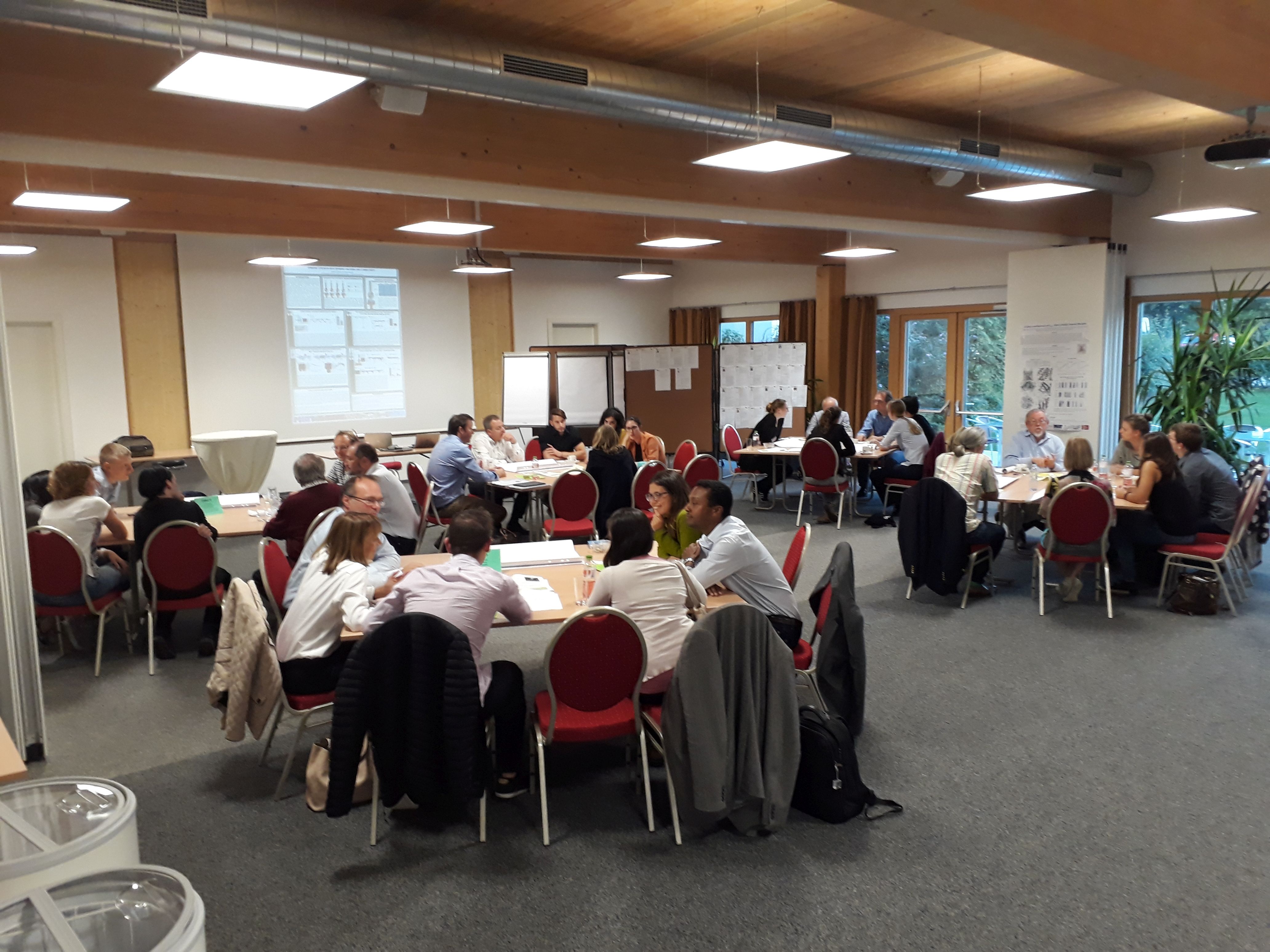
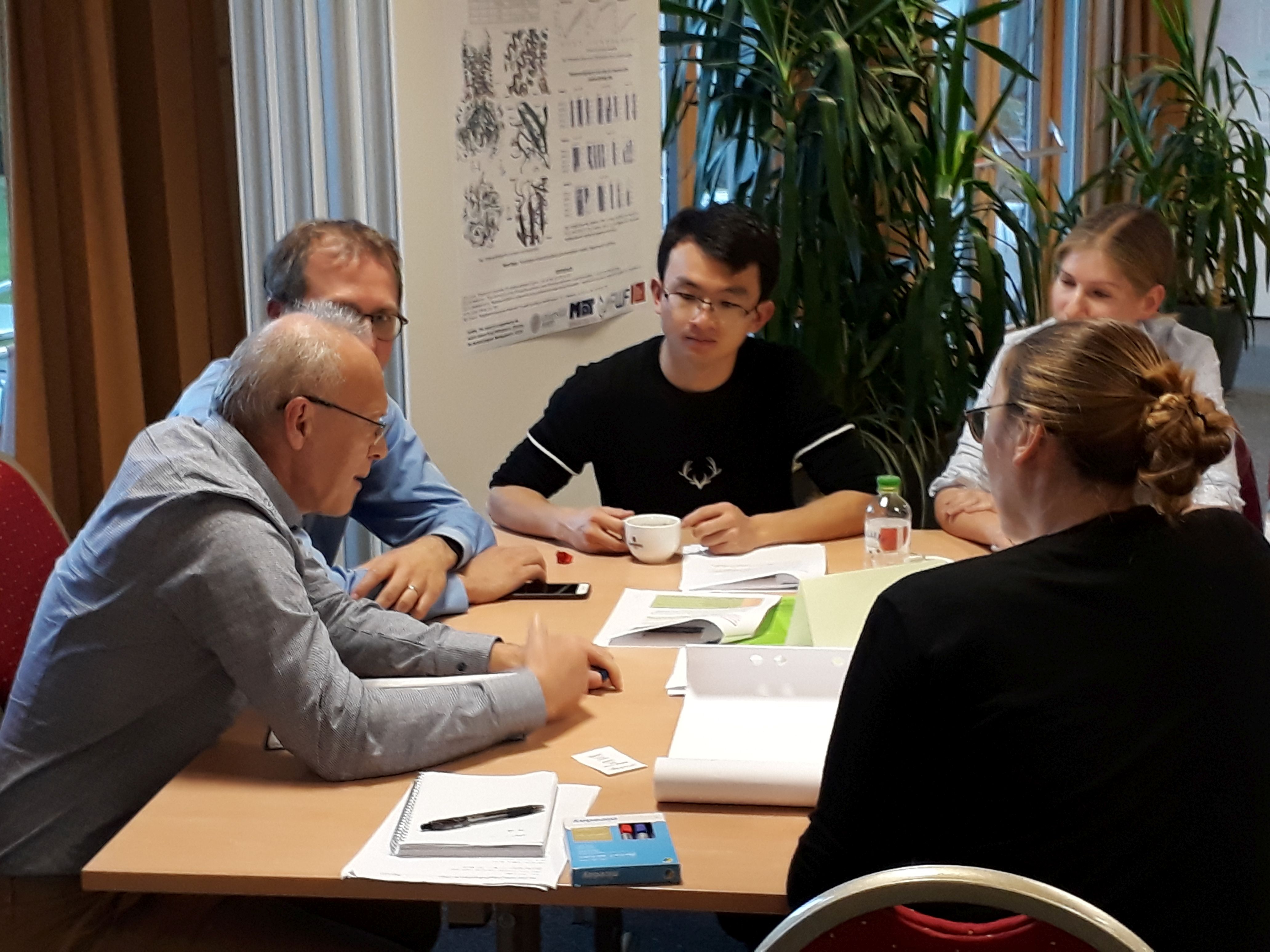
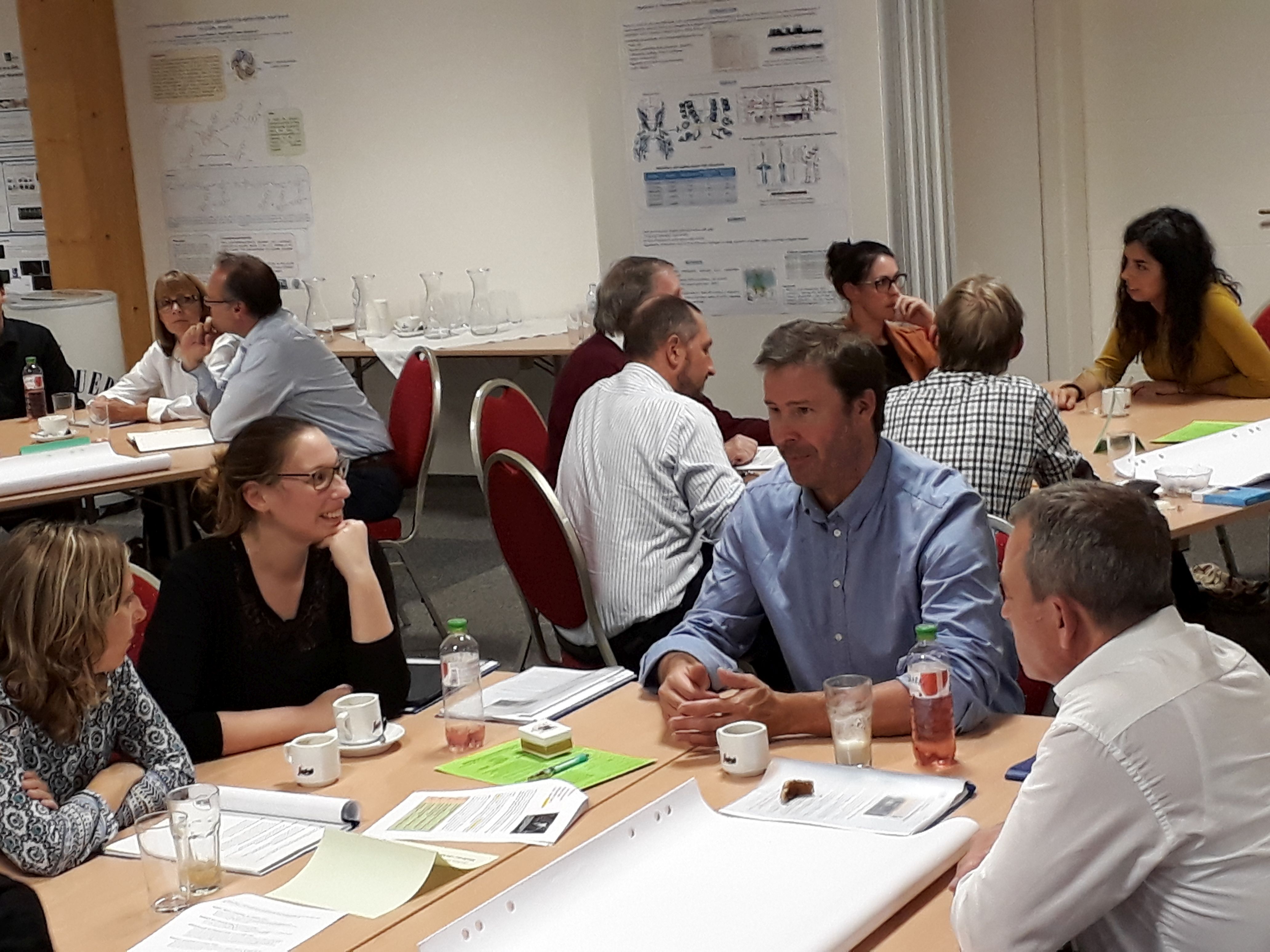
-
Science Day
In addition to the annual retreats, the program also hosts a one-day scientific symposium, organized and planned by the students of the program. The students are encouraged to invite internationally renowned speakers, whose research fits perfectly into the research topics of the doctoral program. During the Science Day, the students will present their ongoing PhD projects to the invited scientists and the audience. This task will increase the interaction amongst students and also with the established researchers who can provide precious feedback and suggestions.
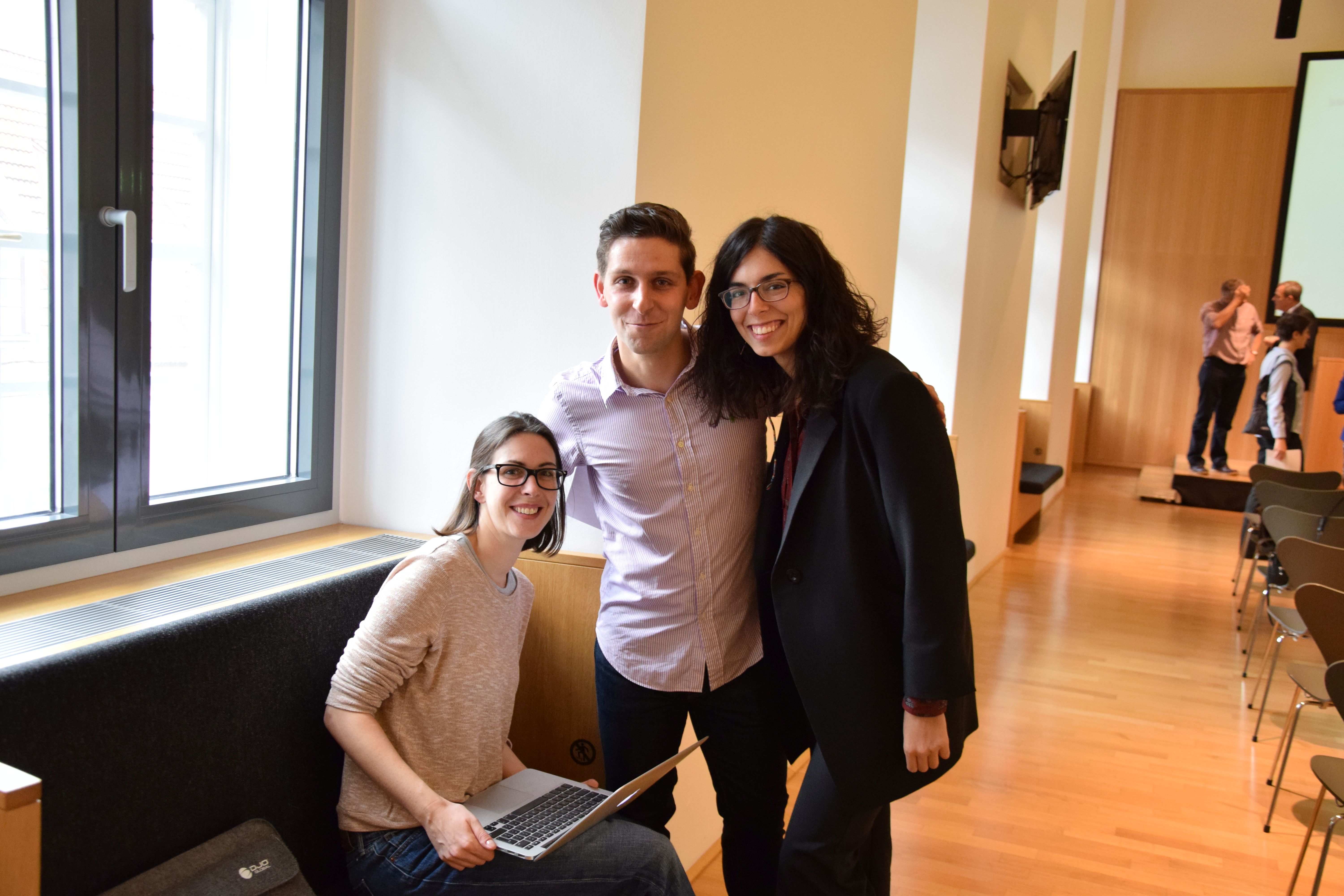
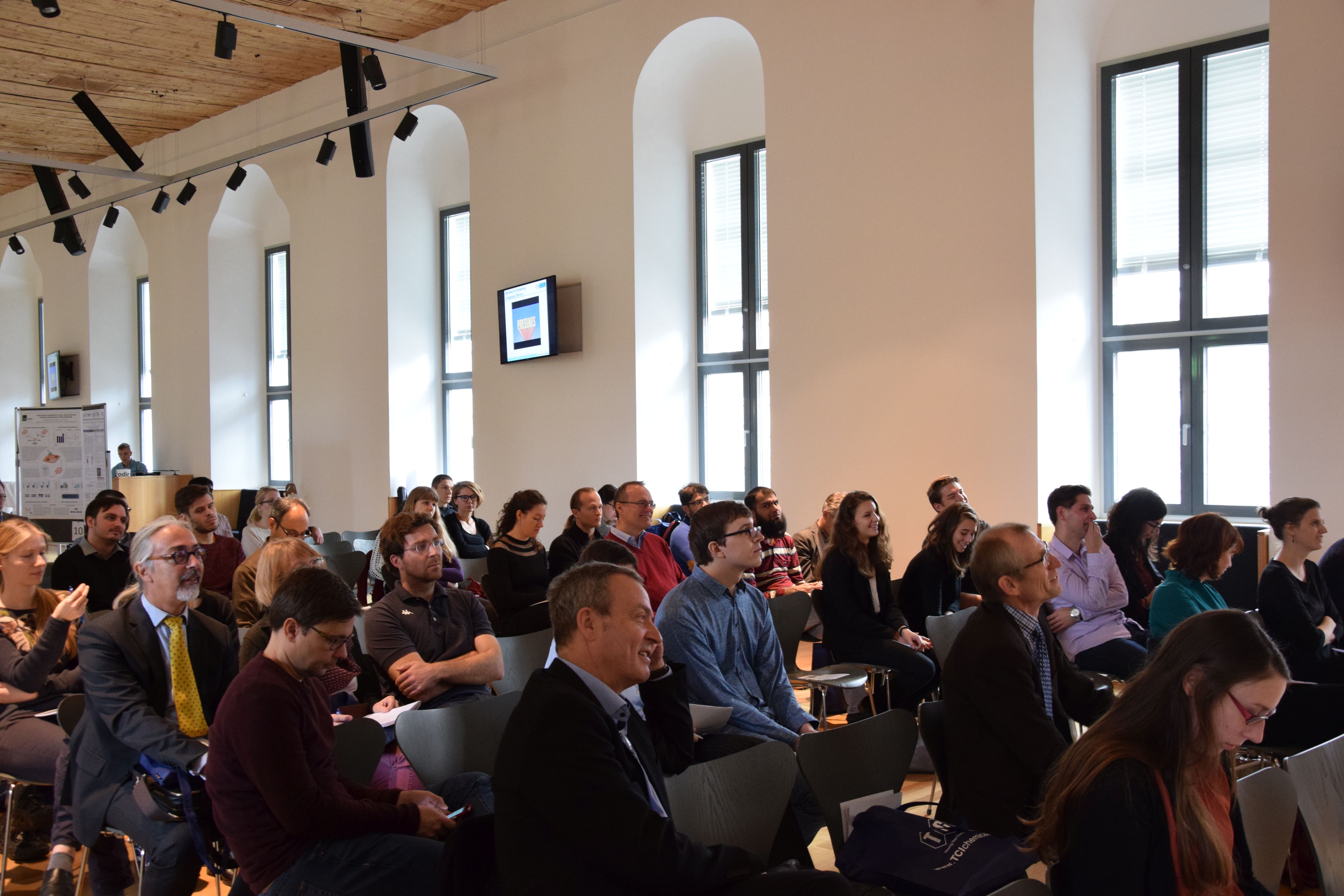
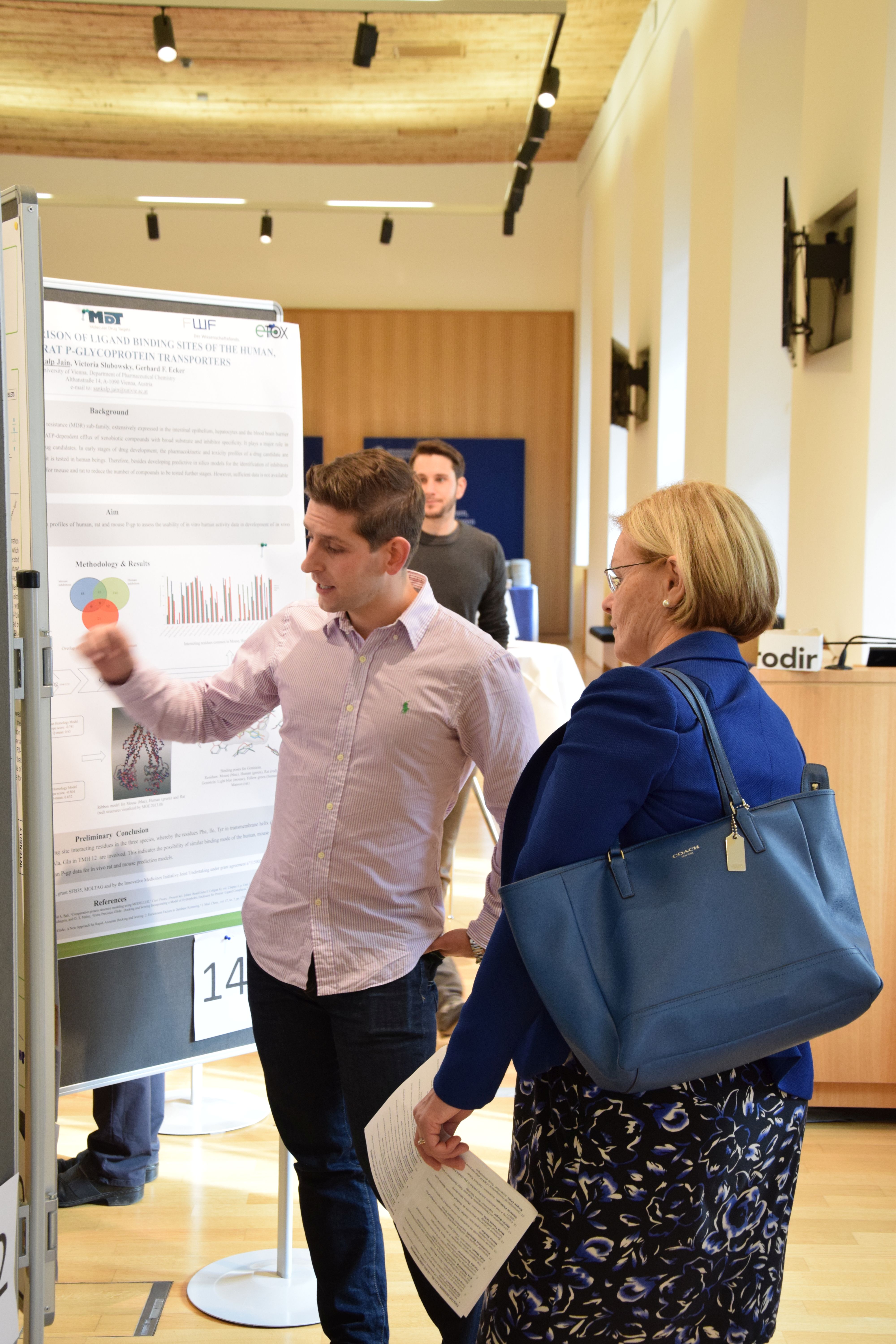
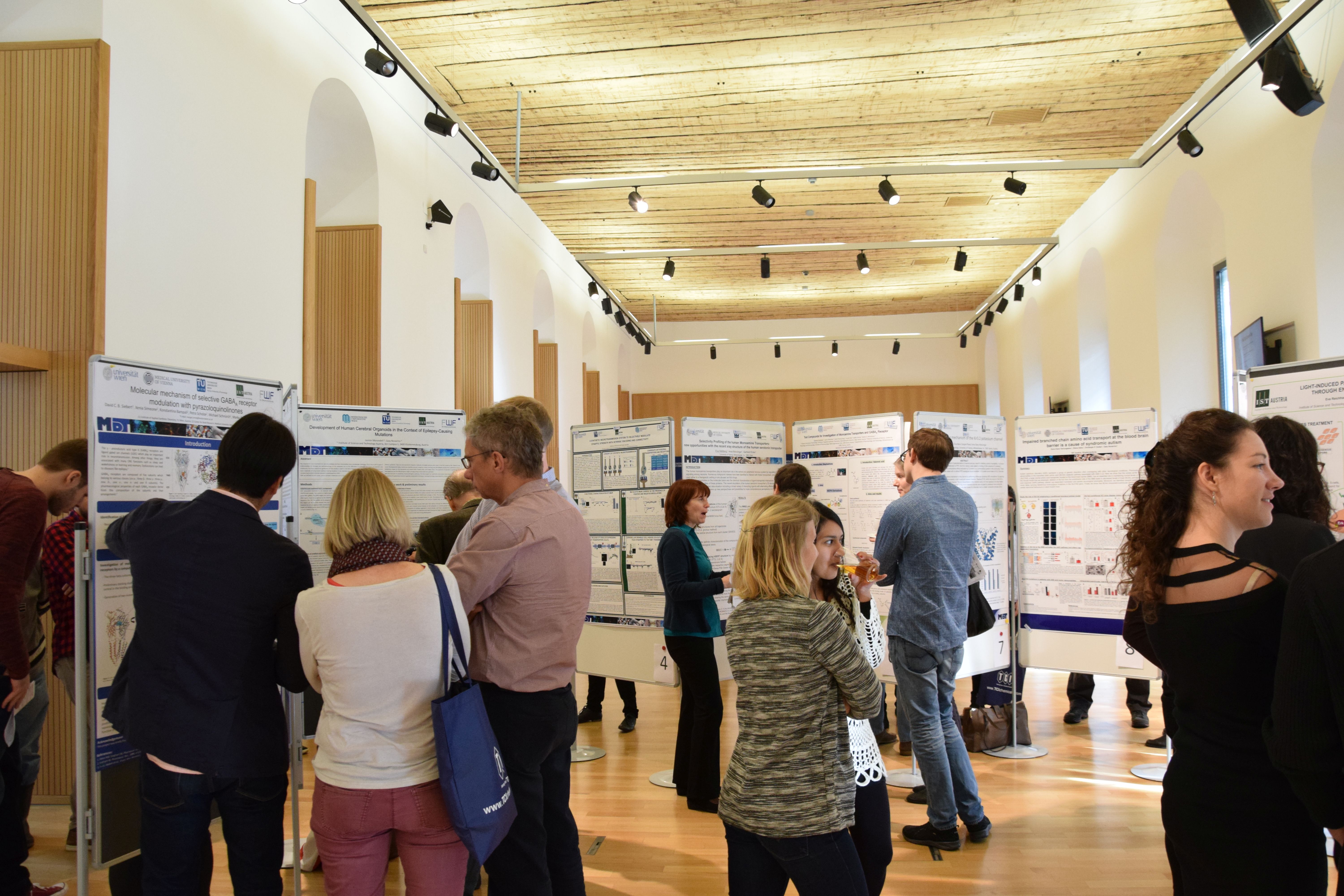
-
International Conferences and Internship abroad
All PhD students have to attend and actively contribute at International Scientific Meetings during their enrolment. The standard MolTag PhD program also includes an internship abroad. The students are encouraged to visit one or more (partner) labs for a period between 3 months and 1 year, in accordance with the individual project requirements.
Funding is provided by the training budget for each student.
-
Lectures offered within the curriculum
In general, according to the rules of the Universities, the students may individually select their courses offered within the PhD programs of their host Universities. Students were actively encouraged to co-register at the partner universities of the MolTag Faculty to attend the courses offered. Consequently, the students could choose out of a broad portfolio of lectures, thus enabling an individualised curriculum with lots of opportunities to expand their knowledge base.
